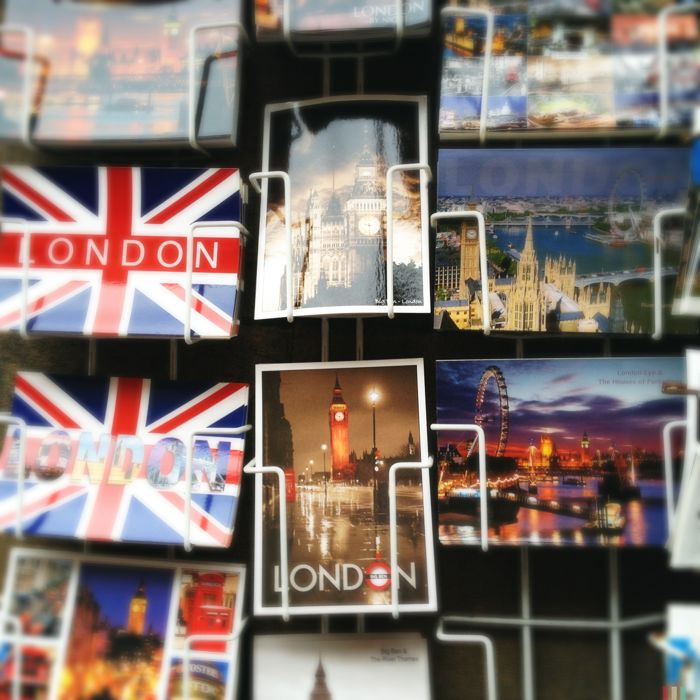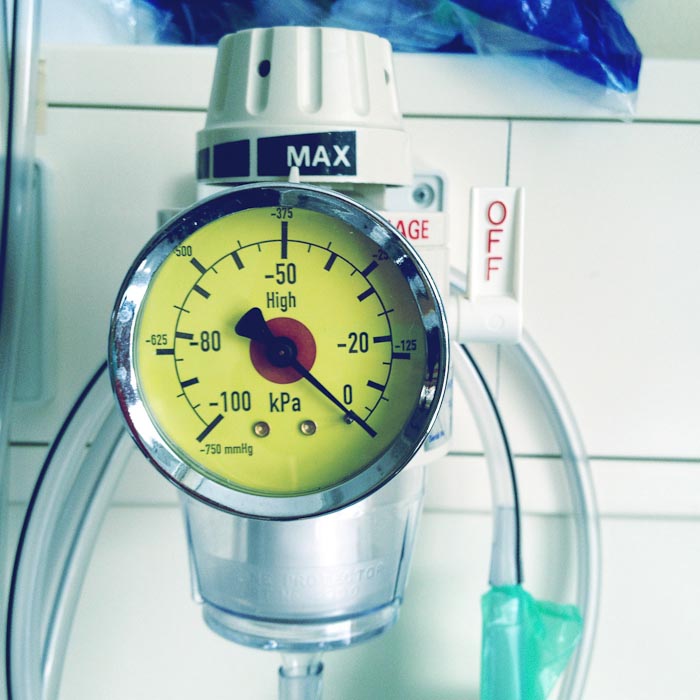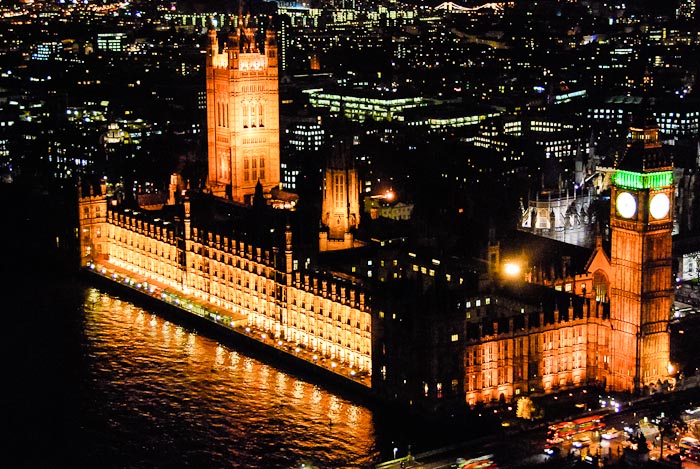When I talk to my family in America these days, they marvel at what they describe as my “British accent.” Me, I don’t think I have a British accent, certainly not compared to born and bred Brits. But what I do think I’ve developed is a way of speaking more British and maybe that comes across as an accent.
I can understand why people might have thought Madonna was trying on a fake British accent while she lived here. But now that I’ve been here several years myself, I don’t think she was intentionally faking anything. When you live somewhere long enough, you just instinctively pick up the language and start to sound a little more like the locals. (And trust me, British English and American English are not the same language).
When I speak now I do emphasize different syllables. But it’s really in the vocabulary that I think I’m becoming British. Initially, I found myself translating on the fly to ensure that whoever I was talking to understood what I meant. Like when I called to book my car in for service because the hood wouldn’t shut. The hood? Oh, I mean the bonnet. But now those words have become second nature.
A Bit of the Lingo I’ve Picked Up
I’ll ask where the lift is instead of the elevator.
I say “to be fair” all the time now. As in “That was the worst movie ever. But, to be fair, it starred Channing Tatum so I should have known better.”
I’ve learned that you’ve got be very careful when using the word pants. It’s OK to compliment someone on their trousers, but their pants (underpants), well that’s a little too intimate.
Spell check on my corporate laptop, set to use UK English, was forever reminding me of my inappropriate use of the letter “z” (realise, virtualise, capitalise) or the ending “er” (centre).
I make great use of the word bloody. I feel like I’m cursing without actually cursing. Like when I went to pull a weed and found out it was a bloody stinging nettle. Ouch.
My son and I walk down the pavement (sidewalk) to get to the playground. Once we get there, he loves a go on the roundabout.
Transportation is full new words. I put the groceries in the boot (trunk), fill-up with petrol (gas), and wash the windscreen (windshield). When I’m not on the motorway (interstate), I’m thankful to come across a section of dual carriageway (4-lane road) where I can pass muppets (idiots) driving caravans (RVs). Once in the car park (parking lot), I’ll take a twenty point turn to negotiate into a parking space that was never intended to fit an actual car.
Any my son’s favorite transport word, lorry (truck). We are always drawing big lorries, making big lorries, and spotting big lorries on the road.
It’s not ads that annoy me on the television anymore its adverts.
Aubergine (eggplant), courgette (zucchini), biscuit (cookie), and bap (sandwich roll) are all great examples words I’ve picked up at the grocery store. And when you head to the pie section in the shop you’ll be disappointed to find a selection of meat filled creations instead of confections to satisfy your sweet tooth.
Ask for a peanut butter and jelly sandwich and you will get lots of funny looks. Because 1) why would you put peanut butter on a sandwich and 2) why on earth would you then top it with Jello? (Jelly = Jello). And even if you say peanut butter and jam you’ll still get a few funny looks as they don’t understand why you’d put those two things together.
And meal times, well, I’ve been caught in the lunch vs dinner vs tea triangle. When I tell my son, “you can watch some TV after dinner,” I mean in the evening, around six o’clock. He thinks this means he can watch TV after lunch. (Dinner = lunch; tea = dinner).
The rubbish (trash) goes in the bin (trash can). Or just use the word rubbish to describe something you don’t like. My son, he’s already happy to tell me that my clay creations are rubbish.
My first week at work someone asked me to meet with them in a fortnight. A fortnight? I didn’t think that word had been used since Shakespeare’s day. I immediately said, “sure, no problem. That time works for me.” Then I went to look up how long a fortnight was. Two weeks by the way.
I don’t vacuum around the house, I hoover.
I think whinge is far superior to whine. It just sounds more like what it means. Oh, stop whinging.
My son has several books that include the word titchy (small).
On a recent trip to America, a friend of mine bought some flashcards for her son and she asked me to translate the one with the word “bummed.” Oh, that means disappointed. Here it means, well, I’d rather not say.
And the one I struggle with the most, hands down, the letter “z”. Because how can I keep ending the Alphabet Song with “Zee” when my son is going to learn “Zed” in school. But “zed” just makes Dr. Seuss’s ABCs end on a really sour note.
This is part of my ongoing series about understanding life in the UK, an exercise that’s helping me study for my Life in the UK test. Plus, I thought it would be interesting to share some facts and observations about this country I’m living in before it takes the world stage this month when the Olympics come to town.
Other Articles in the Series:






